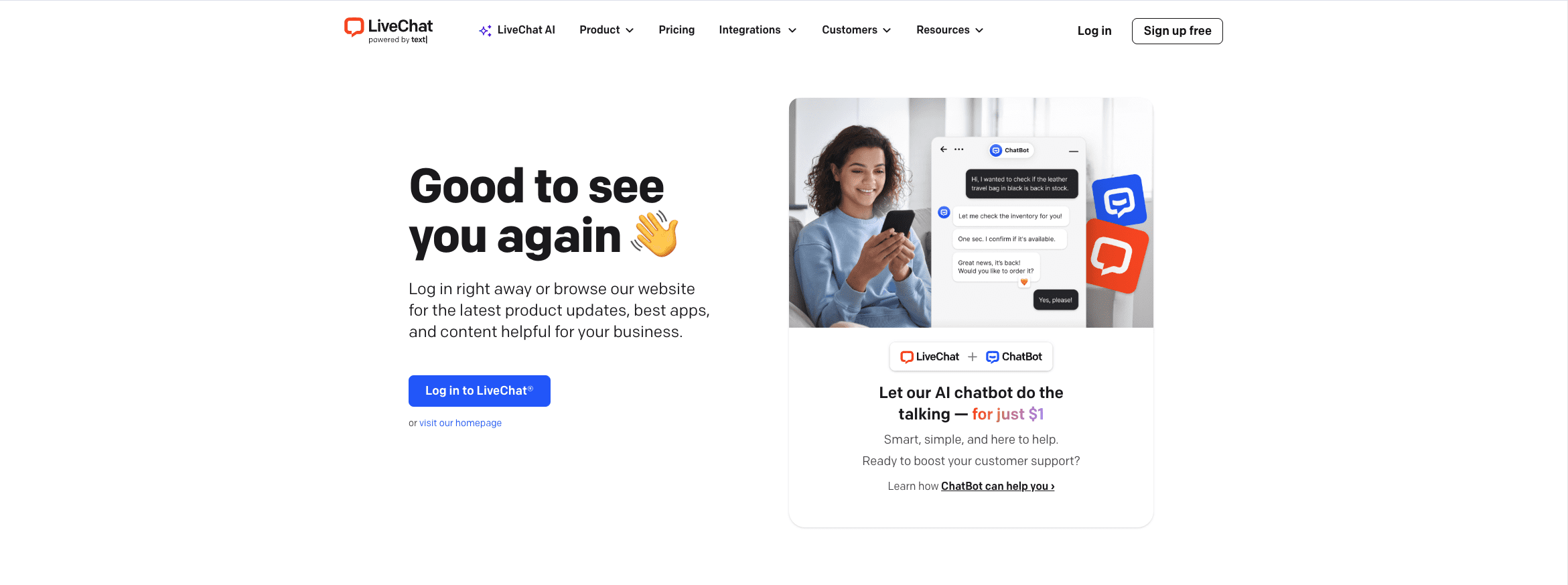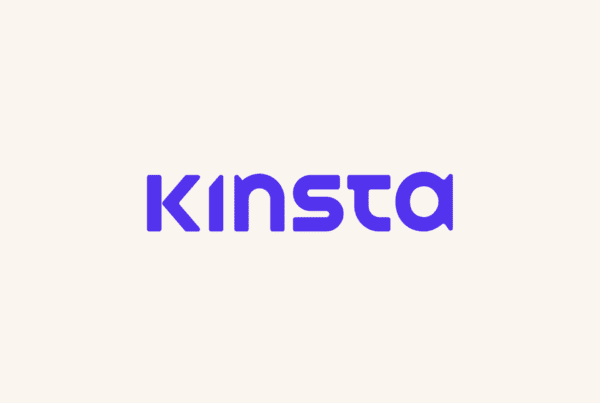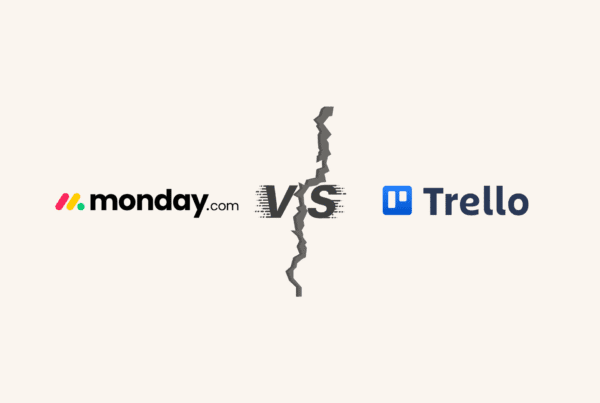Updated: 26 September 2025 • 7 minutes Read
We’ve all been there — sending a support message and waiting… and waiting. Personally, I remember one time I contacted an online store about a payment issue, and it took them two full days to reply. By then, I had already cancelled my order and gone to a competitor.
That moment stuck with me. It showed me that slow responses don’t just frustrate customers — they lose you sales and loyalty.
On the flip side, whenever I’ve experienced near-instant replies (especially on live chat), I felt valued, and I trusted the brand more. That’s why reducing customer support response time is not just about efficiency — it’s about creating trust and loyalty.
The Cost of Slow Support
If your team takes hours (or days) to respond:
- Customers may abandon carts or cancel subscriptions.
- Negative reviews and word-of-mouth can harm your reputation.
- Your support team feels overwhelmed dealing with escalated frustrations.
According to a HubSpot survey, 66% of consumers expect a response within five minutes when they reach out via live chat or messaging. If you’re taking longer, you may be falling behind competitors.
Practical Ways to Reduce Response Time
Here are strategies I’ve used myself (and seen make a big difference):
- Acknowledge instantly.
Even a quick “Got your message, we’ll be right with you” makes customers feel seen.
- Use canned responses.
Don’t reinvent the wheel for FAQs — create templates. I remember cutting my own average reply time by almost half when I set these up.
- Smart routing.
Direct technical issues to tech staff, billing issues to finance — no delays caused by bouncing tickets around.
- Invest in a reliable live chat tool.
When we switched from just email to live chat, first response times went from hours to seconds.
Why I Recommend LiveChat
I’ve tested a few platforms, but LiveChat has been the one I keep coming back to. Here’s why:
- Lightning-fast responses
Messages pop up in real time, so no one slips through the cracks.
- Canned responses built in
Saves me tons of typing and ensures consistency.
- Integrations everywhere
Whether it’s Shopify, WordPress, or social media, LiveChat connects smoothly.
- Mobile app
I’ve personally replied to customers while grabbing coffee — and they were amazed at how fast we got back to them.
And it’s not just me saying this. On Capterra, LiveChat has an overall rating of 4.6/5 stars from more than 1,700 users, with an 8.6/10 likelihood to recommend.
One reviewer said: “LiveChat allows rapid communication with customers and bypasses the need for long phone call wait times.”
That pretty much sums up my own experience, too.
Pros and Cons of Using LiveChat
Like any tool, LiveChat has its strengths and areas for improvement. Here’s my balanced take, based on both my experience and what other users have shared:
Pros
- Available 24/7
Customers can reach you anytime, which really boosts trust and convenience.
- Can handle multiple chats simultaneously
Agents don’t get stuck in one conversation, which speeds up response times.
- Macros & predefined replies (canned responses)
Saves typing time and ensures consistent, professional answers.
- Built-in grammar assistance
Helps polish responses so they read clearly and professionally.
- Chat transcript delivery
Customers can receive a copy of their chat for reference, which adds transparency.
- Mobile app support
Agents (including myself) can respond on the go, without needing to sit at a desk.
Cons
- Chats outside business hours become tickets
If you don’t have a helpdesk ticket system in place, this can cause delays.
- No built-in translation feature
A limitation if you serve multilingual audiences.
- No filter for inappropriate language
Occasionally, abusive or offensive customer messages come through without moderation.
- Privacy concern
If a customer accidentally shares sensitive data (like an ID), it cannot be deleted.
- Separate dashboards for LiveChat and LiveChat Mail
Managing them side by side can feel disjointed.
- Auto-reply character limit (180 characters)
Sometimes, it is too short to convey a proper message.
From my own perspective, the pros easily outweigh the cons. The ability to handle multiple chats, provide 24/7 availability, and respond via mobile has saved me countless hours. The biggest drawback I noticed is the auto-reply character limit — I often wish I could give customers a fuller response right away.
Why LiveChat Fits Into Your Existing Workflow
Another reason I recommend LiveChat is that it doesn’t live in isolation. It connects seamlessly with over 200+ apps and tools — so you don’t have to constantly switch tabs or miss messages.
For example:
- WhatsApp & Messenger
Chat with customers on their favourite messaging apps directly from your LiveChat dashboard.
- CRM systems (like HubSpot, Salesforce, Zoho)
Keep all customer data in sync and track conversations.
- E-commerce platforms (Shopify, WooCommerce, BigCommerce)
Engage shoppers instantly and recover abandoned carts.
- Project management tools (Trello, Slack, Asana)
Share support info with your internal team.
- Email & marketing automation
Connect with Mailchimp, Constant Contact, and more.
This flexibility is a huge time saver. Personally, I love being able to handle WhatsApp and website chats in one place — no more bouncing between different apps and inboxes.
Personal Takeaway
When I introduced LiveChat into my workflow, the biggest surprise wasn’t just speed. It was how much customers appreciated the human touch. Even a quick “Hi, I see your message” reduced tension. Customers stayed calmer, more patient, and ultimately more satisfied.
It reminded me that technology isn’t about replacing people — it’s about empowering us to be more responsive, more human, and more available when our customers need us most.

Ready to Try It Yourself?
If slow responses have ever cost you customers (trust me, I’ve been there), then it’s time to take action. LiveChat makes it simple to cut response times and delight customers in the process.
Click here to try LiveChat today — and see how much faster your support can be.
Topics: Reviews
Don’t forget to share this post!


